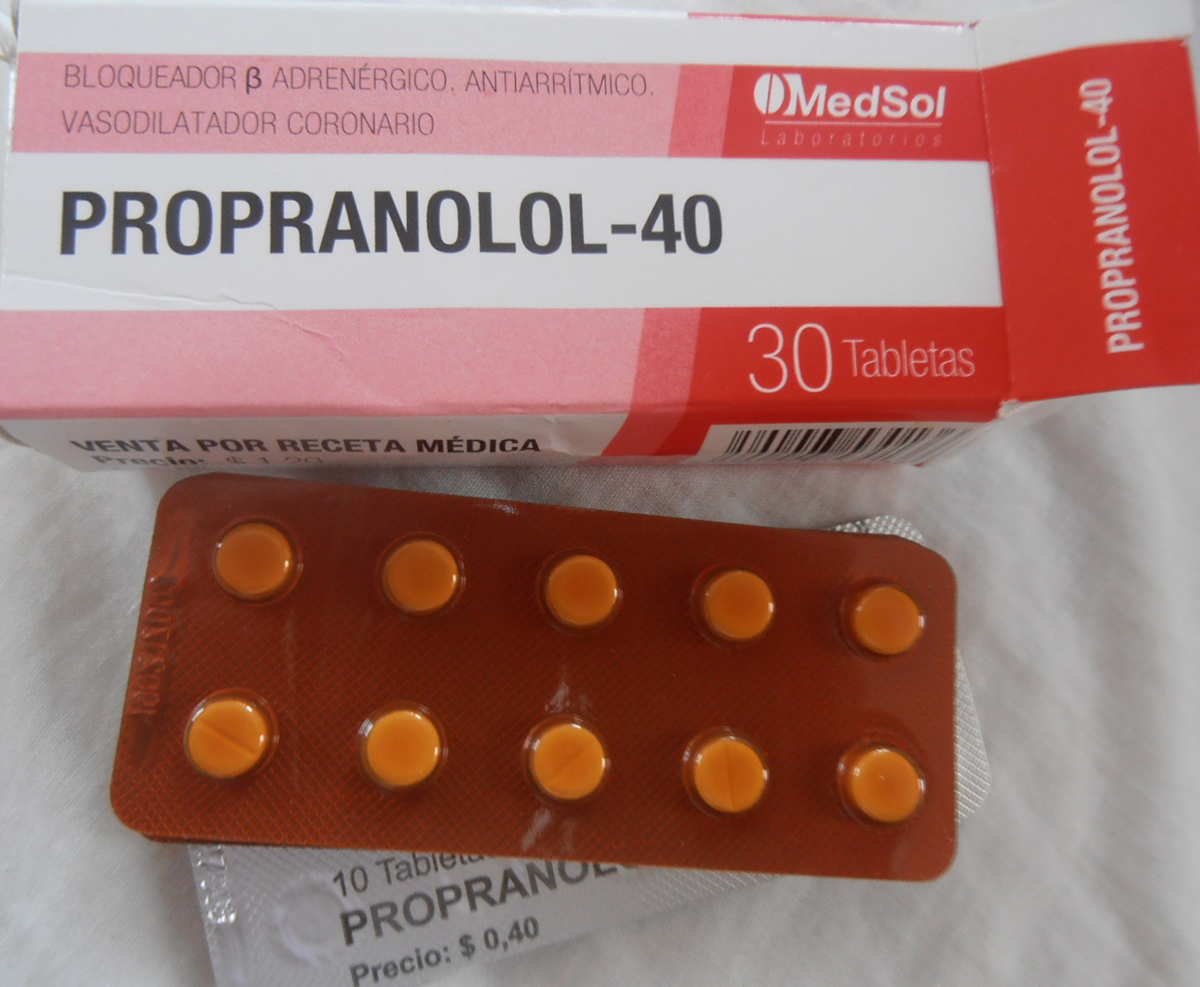
Introduction
In treating various heart conditions medications called beta-blockers can be a valuable tool for solving the problems associated with the heart and blood circulation. Propranolol is one of the medicines belonging to this group of beta-blockers. Heart palpitations (abnormalities in the heart's beating) high blood pressure angina pectoris myocardial infarction (the heart attack), and migraines are among common heart-related conditions which require propranolol to be included in the therapy.
It can be preventive medication too as in the case of heart attacks and also in some other health conditions. The decision for taking propranolol is entirely that of the doctor. It is the kind of medicine that is not to be used without a prior doctor's approval. If a person is allergic to propranolol or has suffered from heart block propranolol is completely excluded from potential treatment. Taking propranolol demands a discipline so it should be taken only in the way prescribed by the doctor. Sudden cessations is propranolol usage can have more negative effects than the condition itself, so never stop taking it without a doctor's decision. Never drink alcohol with propranolol. Propranolol is sometimes just one means of reducing the problem so everyone should stick to other additional medicines, therapies, advice on diet and exercise included in the whole treatment.
Side Effects Propranolol has numerous side effects that is why it is essential to consult the doctor. It can weaken the heart if someone has some specific heart condition or during strenuous work. Patients who suddenly stop using propranolol may risk increasing their heart pressure even more than before, being struck with a heart attack or develop angina pectoris. Electrical alternans, alternate variations of the heart beat, can also be caused by propranolol. While being effective to the treatment of cardiovascular diseases on the other hand propranolol may negatively influence the very heart and circulation.
It can decrease the heart rate to less than 60 beats per minute, or decrease the blood pressure and worsen congestive heart failure or Raynaud's phenomenon (discoloration of fingers, toes). It is not clear if it affects the weight. Muscle weakness or abnormal sensations are also side effects, along with the feeling of exhaustion, dizziness and general weakness. Respiratory organs are affected too causing the shortness of breath or reduction in the pulmonary functions.
Chronic obstructive pulmonary disease and asthma patients are not advised to use propranolol. If thyroid gland function is impaired, patients should be careful as well. Propranolol may cause high blood sugar or high triglycerides or affect a good or bad cholesterol. Among severe negative effects are also liver conditions and though rarely propranolol can interrupt the blood flow into the gastrointestinal tract.
Usual side effects also occur, vomiting, diarrhea or constipation. Propranolol is also related to sleep disorders and some emotional or psychological problems; apathy, depression, irritability and problems with concentration are among some others. Propranolol reported rare cases of skin-related conditions.
Propranolol also can cause a man's impotence.





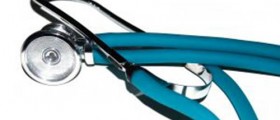
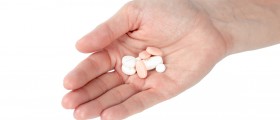


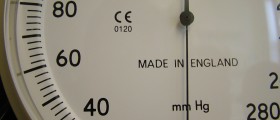
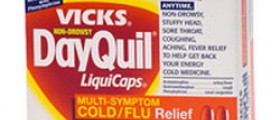






Your thoughts on this
Loading...